Search
Research
Exploring Hope in Australian Justice Involved Youth with Fetal Alcohol Spectrum DisorderHope is well recognised as a positive protective factor for mental health, improved coping responses to adverse childhood events and better educational outcomes. Hope is composed of synergistic constituents – agency and pathway. A retrospective chart review was conducted of 53 justice-involved youths (10−17 years old) who underwent Fetal Alcohol Spectrum Disorder (FASD) diagnostic assessments with Patches in Western Australia between 2019 and 2020.
Research
Pattern of hospital admissions and costs associated with acute rheumatic fever and rheumatic heart disease in Australia, 2012–2017This study aims to describe the pattern and trends in acute rheumatic fever (ARF)/rheumatic heart disease (RHD)-related hospitalisations and costs for Australians aged <65 years.
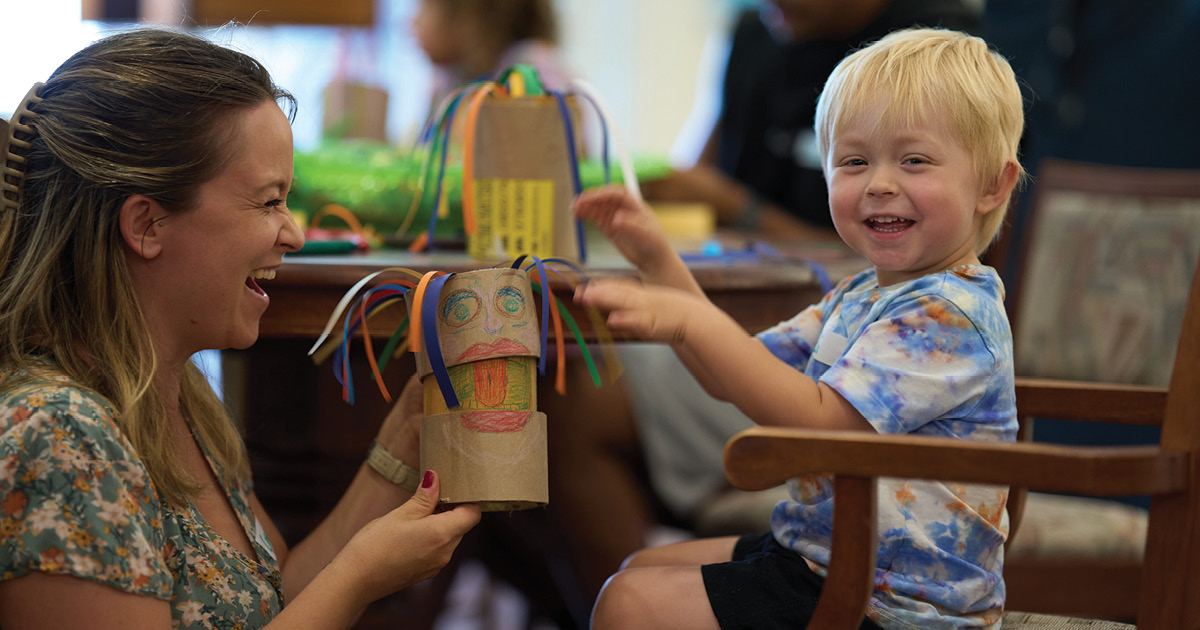
When author Maurice Sendak first sketched out the story of a rambunctious little boy sent to his room without supper, there’s no way he could have known his rollercoaster tale of childhood imagination would still be speaking to the hearts of wild young things more than six decades on.

We have developed best-practice suicide prevention guidelines for health professionals and community service providers to help them create safe spaces for LGBTQA+ young people.
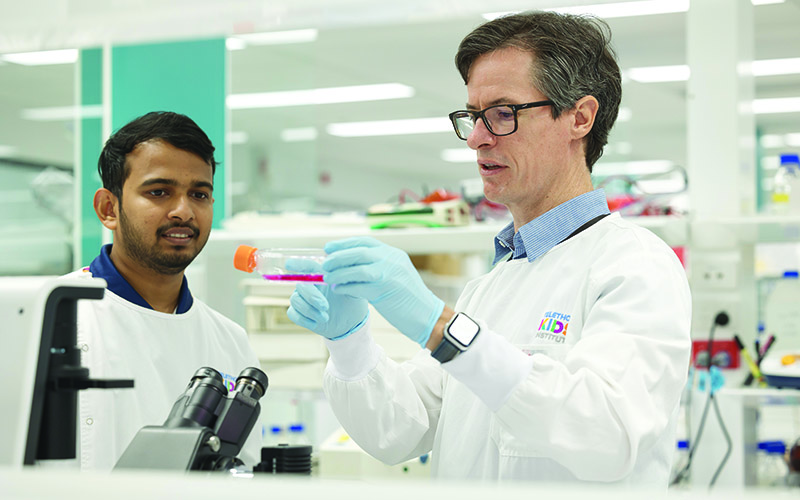
Although a staple of modern medicine, the benefits of antibiotics are waning thanks to overuse and the increasing ability of bacteria to dodge them – known as antimicrobial resistance (AMR).
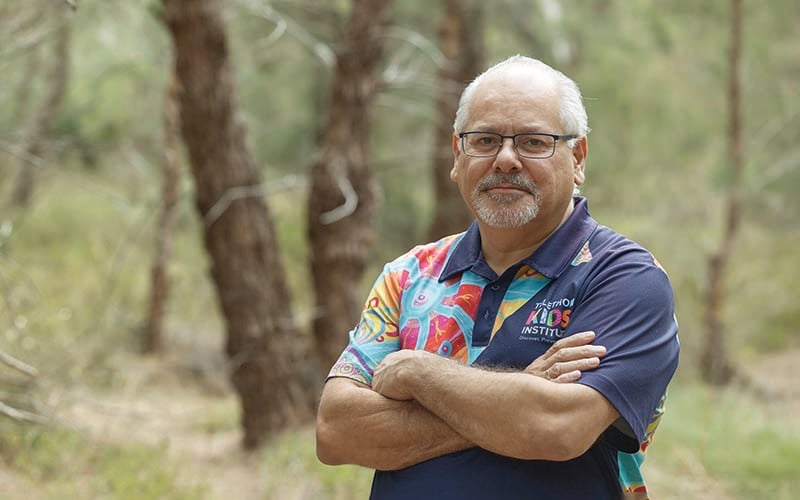
The Kids Research Institute Australia has been among a growing number of voices passionately advocating for an overhaul of the way young people in detention are managed in Western Australia.
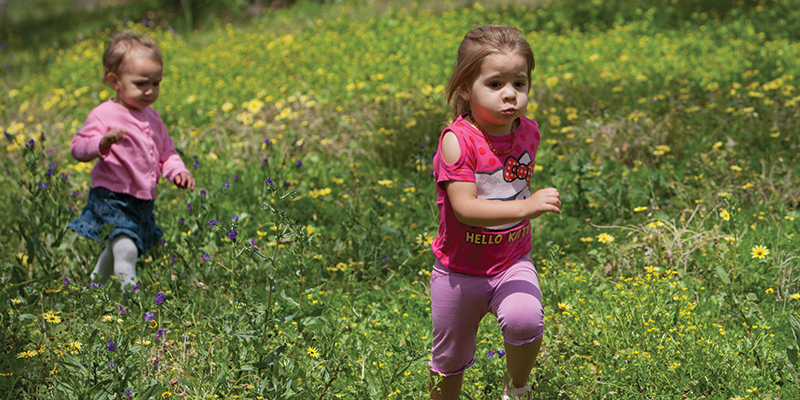
A child can’t thrive if they don’t have a roof over their head.
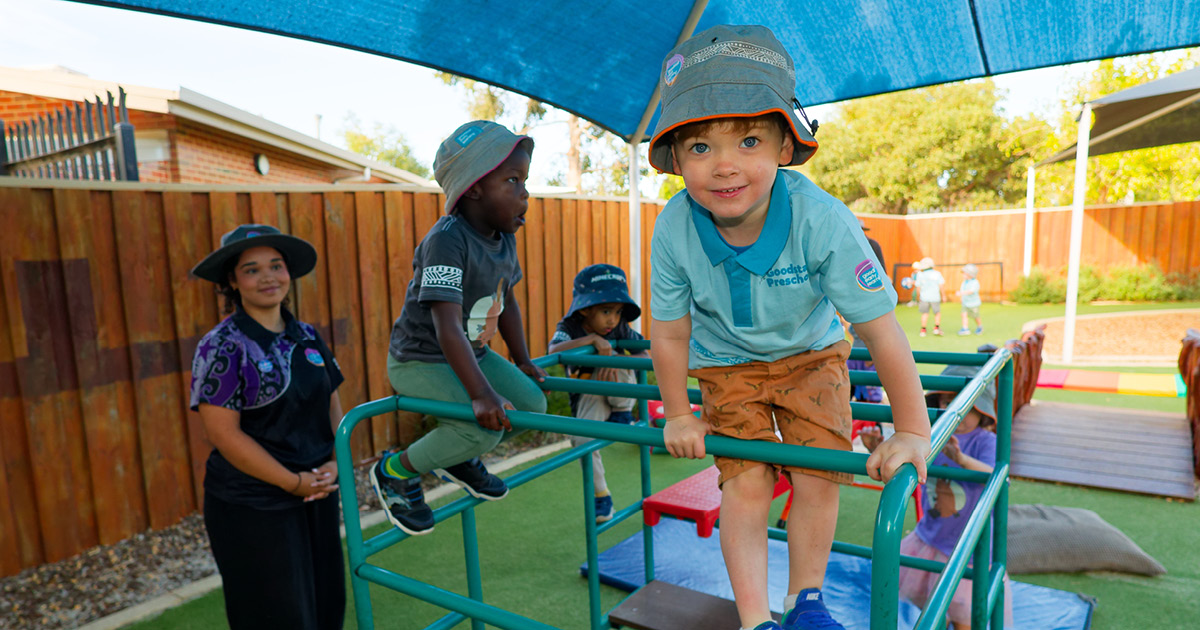
More than 80,000 Australian children are expected to benefit from a trial being rolled out to 700 childcare centres across the country that aims to boost declining physical activity levels.

One third of Australia’s children will be better supported at school, thanks to a The Kids Research Institute Australia evidence review of what works best to support student behaviour needs.
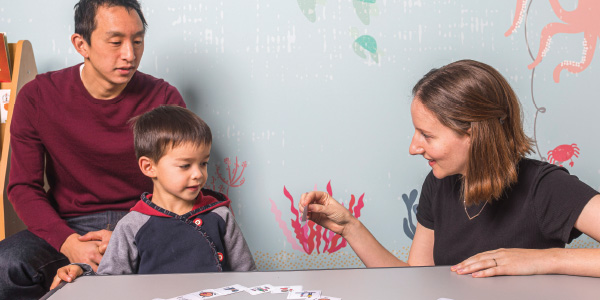
A long-held belief linking gut bacteria to autism has been debunked by an Australian research team that included researchers from CliniKids at The Kids Research Institute Australia.
